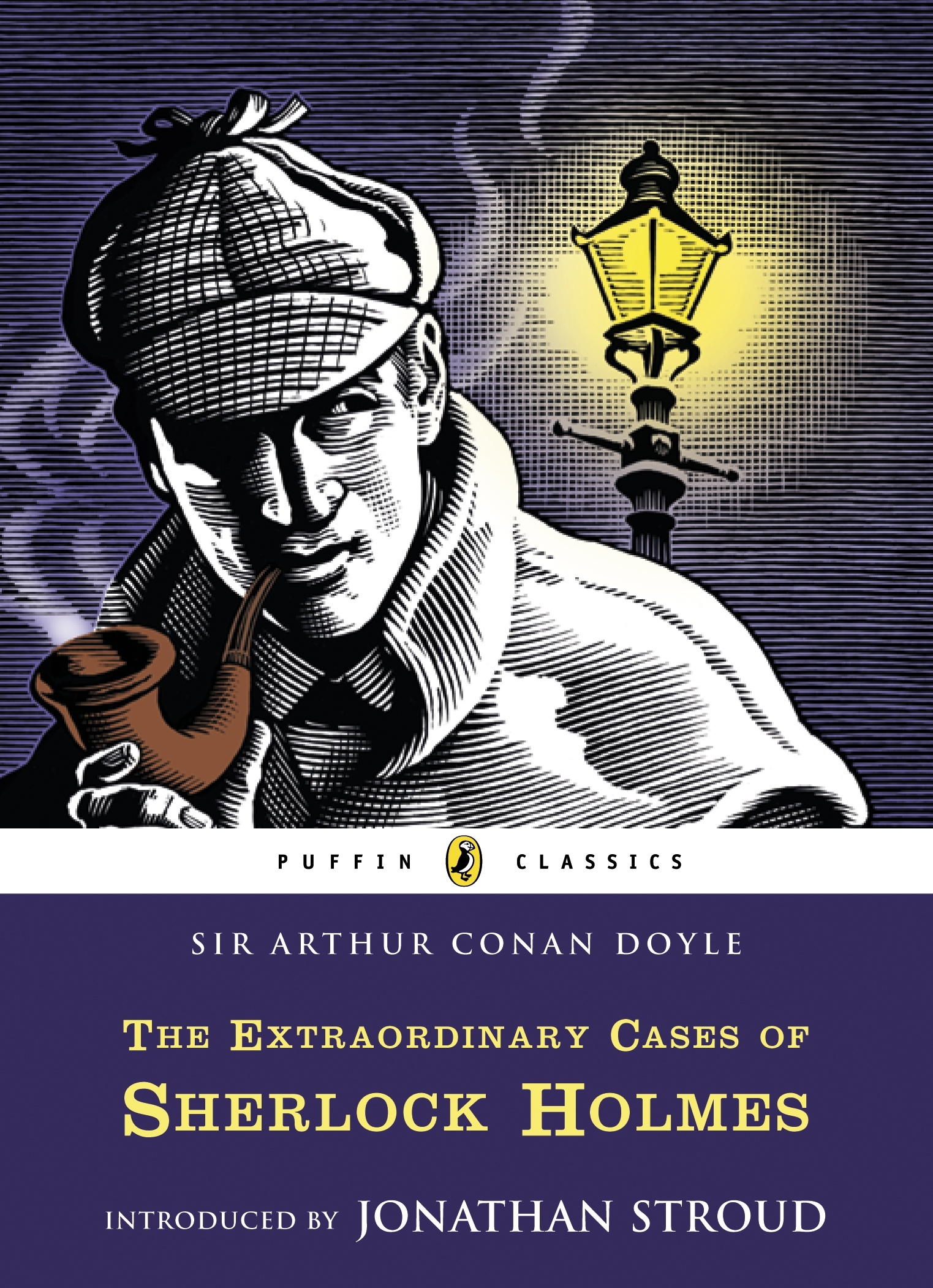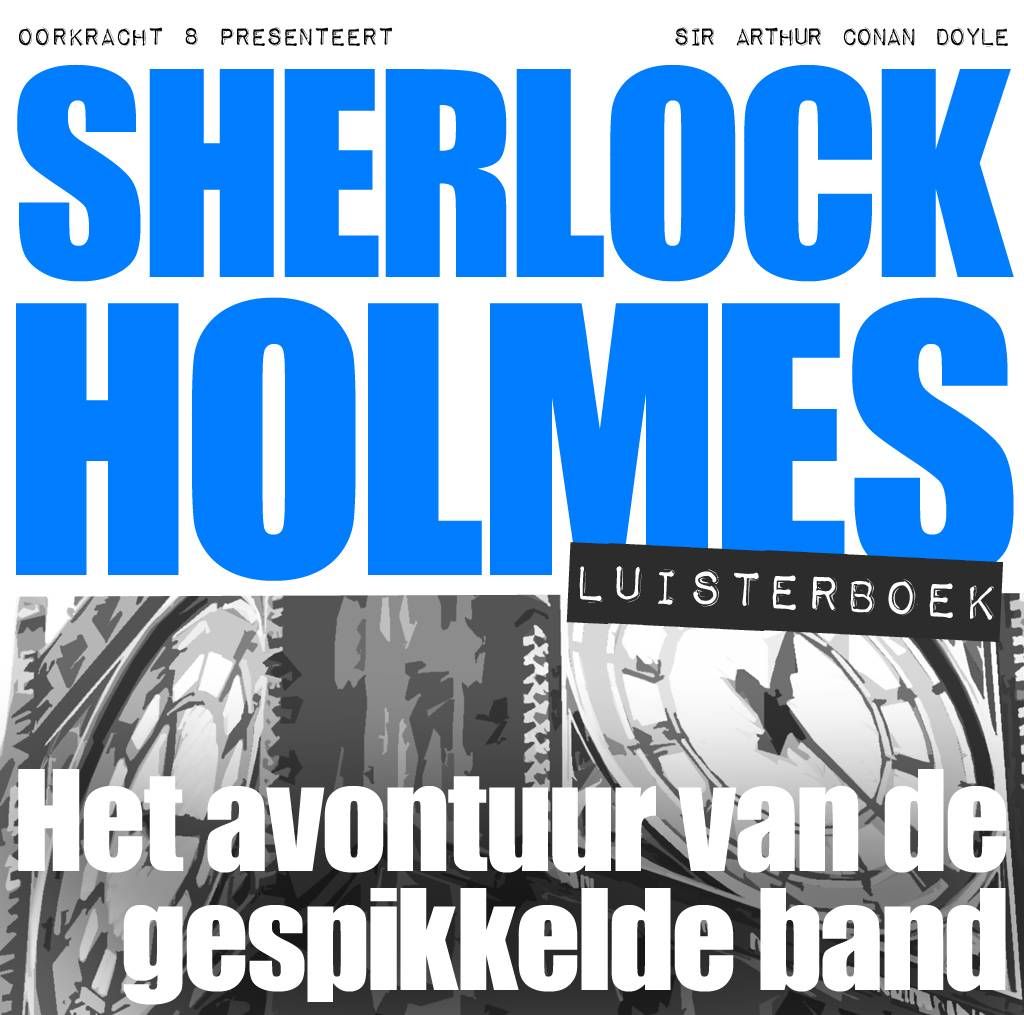

This must cease and he must go the way of all flesh, material or imaginary. Sherlock Holmes may become like one of those popular tenors who, having outlived their time, are still tempted to make repeated farewell bows to their indulgent audiences. This harms the protagonist’s agency.ĭespite the lack of love this collection receives, generally, it does still present some interesting cases and I credit Doyle both for taking chances and for showing an evolution of Holmes and his world.I fear that Mr. While a murder investigation is solved using Holmes’s arcane knowledge, it might leave many readers feeling that it was an anticlimactic variation on the formula.Ī couple stories, “The Adventure of the Veiled Lodger” and – to a lesser extent – “The Adventure of Shoscombe Old Place” skip the usual necessity of Holmes solving the case and taking part in the explanation of discoveries, and – instead – the solution is presented entirely by individuals involved in the mystery. “The Adventure of the Lion’s Mane” is also narrated by Holmes, but is also anomalous for the nature of its solution. Doctor Watson’s job.) In my view, besides Holmes’s occasional chiding of Watson and his writings, there didn’t seem to be as great a distinction in voice as Doyle might have hoped to achieve. In “The Adventure of the Blanched Soldier” Holmes, himself, takes up narration (i.e. In this collection we see microscopes and other disruptive technologies.


In “The Adventure of the Creeping Man” Doyle ventures into what some have called bad sci-fi with a tale in the vein of “Island of Doctor Moreau.” While the farfetched nature of the story stands in contrast to the usual enlightened rationality of Holmes, to be fair, it’s hard to fault anyone living through the early decades of the twentieth century for imagining some outlandish possibilities - given the wild scientific and technological advances being seen. I’ll discuss the anomalous tales, with the understanding that most of the other stories follow the recipe. It’s not the most beloved of the Holmes’ books, but Doyle did take some bold diversions from the usual Sherlock formula (probably in an attempt to maintain his own interest in the character.) Some of the experiments are regarded as fails. The dozen stories in this collection make up the final book in the Sherlock Holmes canon. The Case-Book of Sherlock Holmes by Arthur Conan Doyle


 0 kommentar(er)
0 kommentar(er)
